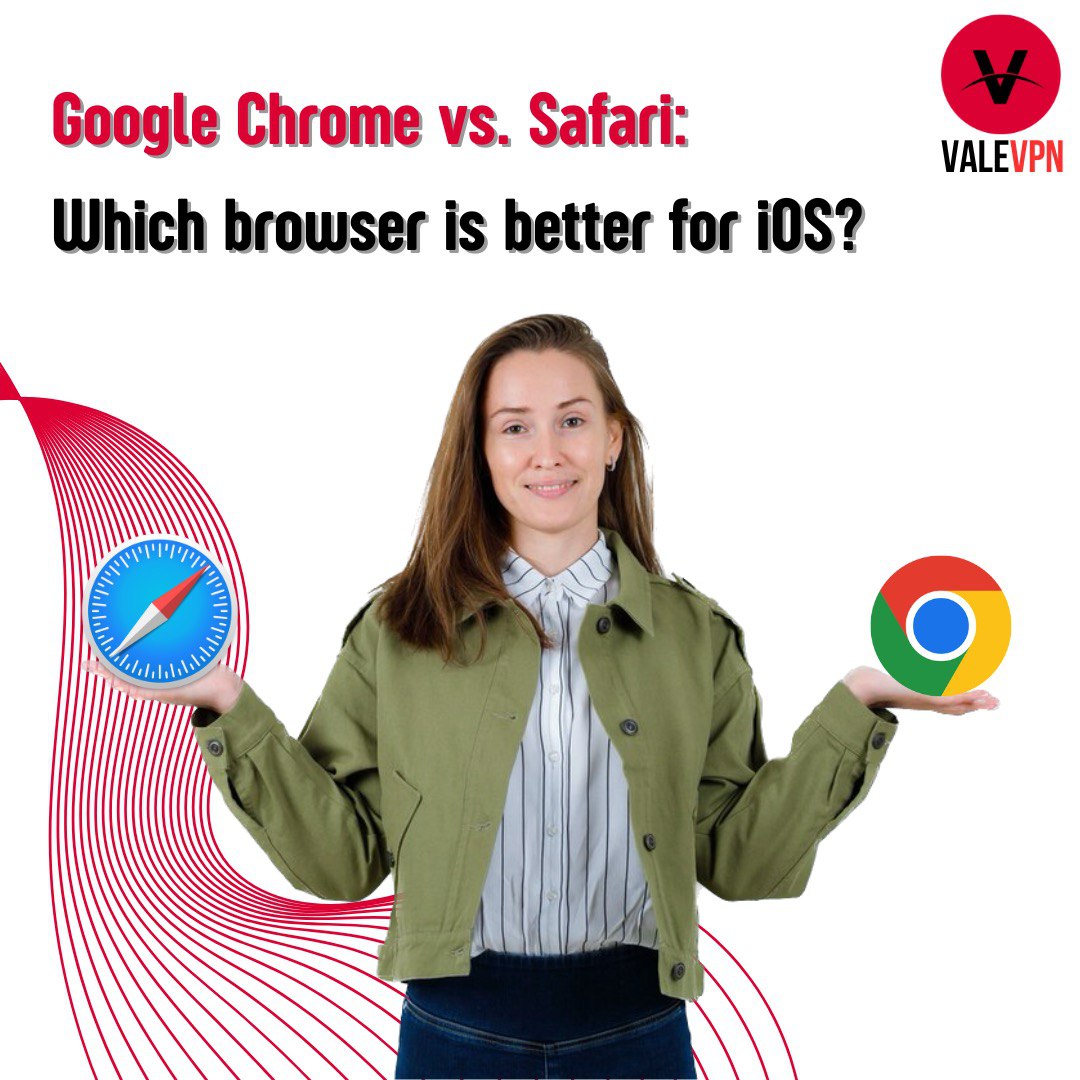Google Chrome and Safari are two popular web browsers available for iOS devices. While Safari comes pre-installed on Apple devices, many users prefer to use Google Chrome due to its cross-platform compatibility and extensive features. In this article, we will compare Google Chrome and Safari in terms of performance, features, and privacy to determine which browser is better for iOS users.
Google Chrome vs. Safari: A quick comparison
Google Chrome, developed by Google, is known for its speed, simplicity, and synchronization across different devices. It offers a user-friendly interface and a wide range of extensions and apps. On the other hand, Safari, developed by Apple, boasts of its smooth performance, energy efficiency, and seamless integration with other Apple devices.
Google Chrome vs. Safari performance: The pros and cons
Both Google Chrome and Safari offer fast browsing experiences, but each browser has its own strengths and weaknesses. Google Chrome tends to consume more system resources, including battery life, compared to Safari. However, Chrome's performance can be enhanced with its data-saving features and optimized settings. Safari, on the other hand, is known for its energy efficiency, making it a preferred choice for users concerned about battery usage.
Google Chrome vs. Safari features: The pros and cons
In terms of features, Google Chrome shines with its extensive library of extensions, enabling users to customize their browsing experience. Chrome also provides seamless synchronization across devices, allowing users to access bookmarks, history, and settings across multiple platforms. On the other hand, Safari offers a clean and minimalist design, with a focus on integration with the Apple ecosystem. Safari excels in features such as Reader Mode, Intelligent Tracking Prevention, and Handoff, making it a desirable choice for users who prioritize privacy and convenience.
Google Chrome vs. Safari privacy: The pros and cons
Privacy is a significant concern for many users, and both Google Chrome and Safari have their approaches to address this issue. Google Chrome relies on Google's infrastructure and data collection practices, which may raise privacy concerns for some users. Safari, on the other hand, emphasizes privacy and security by implementing features like Intelligent Tracking Prevention, blocking third-party cookies by default, and offering strong encryption. Safari's commitment to privacy makes it an attractive option for users who value their online security.
Google Chrome vs. Safari performance: Which is better?
Determining which browser is better for iOS ultimately depends on individual preferences and requirements. If you heavily rely on Google's services and prefer a browser with extensive customization options, Google Chrome might be the ideal choice for you. On the other hand, if you prioritize energy efficiency, integration with the Apple ecosystem, and privacy features, Safari would be a better fit. It's worth noting that both browsers receive regular updates, so their performance and feature sets may evolve over time.
Chrome vs. Safari Performance: 5 Random Facts
- Google Chrome's V8 JavaScript engine is known for its speed and efficiency, making it a preferred choice for developers.
- Safari's Nitro JavaScript engine is designed to deliver fast and efficient performance while conserving battery life on iOS devices.
- Chrome supports a wide range of extensions, providing users with additional functionality and customization options.
- Safari's Reader Mode removes clutter from web pages, providing a distraction-free reading experience.
- Both browsers have their own developer tools, which allow web developers to inspect and debug websites effectively.
In conclusion, choosing between Google Chrome and Safari for iOS depends on personal preferences, performance requirements, and priorities such as privacy and feature sets. It's recommended to try out both browsers and assess which one aligns better with your needs. Remember, the browser landscape is constantly evolving, and what might be true today could change in the future as updates and new features are released.


